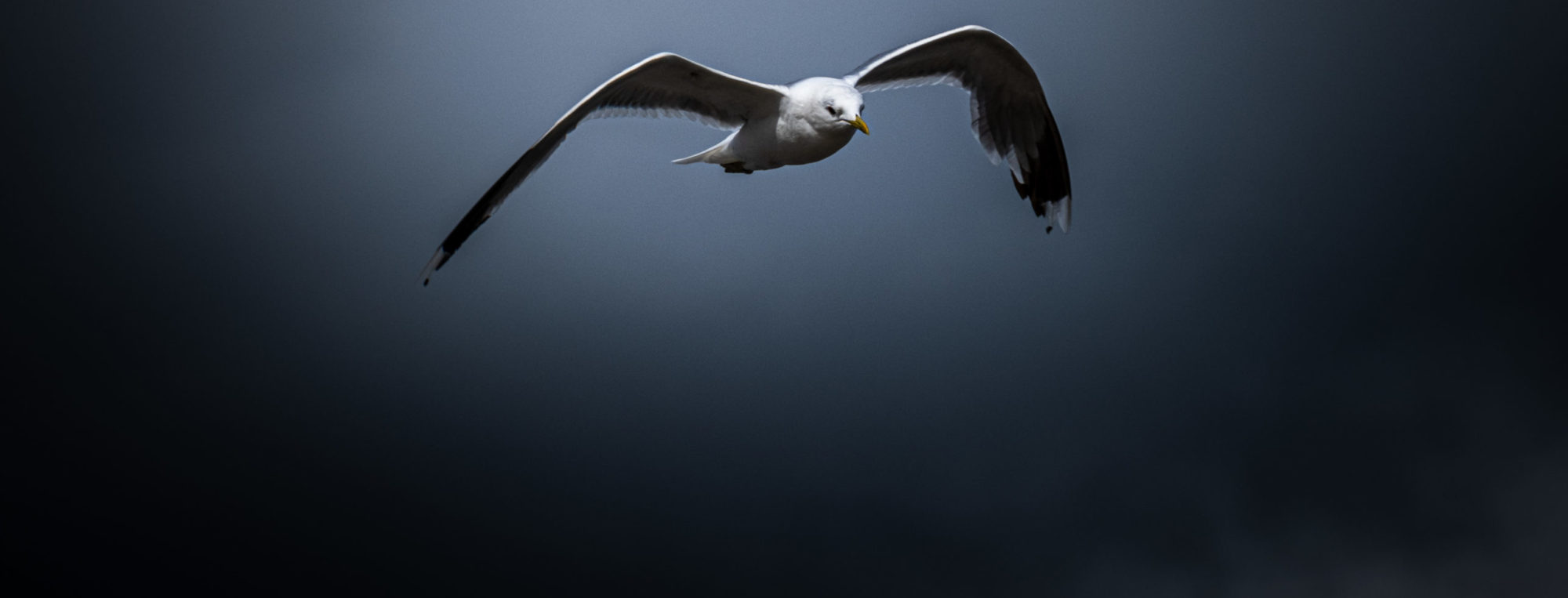Where are you from? And where do you live?
I was born in Buenos Aires, Argentina, and I live in Bremen, Germany. I came to Europe with a scholarship of the German Academic Exchange Service (DAAD) in order to undertake postgraduate studies in music composition at the music Hochschule in Cologne (Fritsch, Barlow, Humpert, Kagel).
How long have you been playing the piano?
It depends on where you set the point zero, the start. My first recalling of playing something at the piano (the French song J’ai du bon tabac) is at age 4 or 5; my first piano lesson at 6, but my first documented public performance only at 12. Now I am 52 (so do the math).
Do you play other instruments as well?
I studied French horn for a few years and it was an important experience, but saying that I actually “play” horn would be terribly exaggerated.
Tell us about how you started playing music.
Basically, my mother taught me some melodies and I learned them. Sounds easy, isn’t it? Well, it should be. Why making easy things complicated?

How long have you been making piano music?
If you mean composing, my first written piano piece is dated on 25 May 1977 (at ten years old). It is a waltz with some good ideas but not well developed, as you could expect. Before that, around 7-8, I used to improvise a lot at the piano as well, but that was neither written down nor recorded. However I still remember some of those improvisations (which I repeated over and over, as is usual at that age, so technically they were not real improvisations). I called one of them La casa (the house) because it had foundations, walls, first and second floor and a roof. From today’s perspective, it was a theme and variations whereby the theme was two bars long. Interestingly, I made that theme because its geometrical shape on the keyboard (it was symmetric), not because of how it sounded. I remember my piano teacher (María Teresa Criscuolo) telling me to bring to the lesson also a self-composed piece – each week.
Tell us something about that moment you realized you could make songs yourself!
I was not particularly proud of it, and that is perhaps a problem. For me it was like eating without help or saying my first words: a part of the normal development of a healthy human being. Only later I noticed that that was not “normal” or usual, that not everybody would make songs themselves. I remember asking my (elderly) brother, a performing musician, why he didn’t compose music and his answer was that he got no ideas. I couldn’t actually believe him, and to be honest I still can’t believe it, but saying this might sound arrogant to some.
What are your favorite artists in this “piano genre”?
To keep the list reasonably short, under “favorite” I would rather list artists from whom I learned something – or enjoy playing: Scriabin, Liszt, Fats Waller, Scott Joplin, Chopin. Debussy, Ravel, Satie, Schönberg.
Is there one song which you play over and over again as soon as you sit down by a piano?
Actually there is none, or maybe any piece that I am currently practising.

How long is your shortest song?
For piano solo: the second of the Aphorismen, 22 seconds. For electronic sounds: gl, 13 seconds.
Generally speaking, I love miniatures. However I am also well aware of the danger of composing only miniatures, namely, that one gets used to the lack of development of the ideas. I do believe in “musical haikus” that can achieve depth without development, but this is a very particular case, where development is implied. More often than not, “short” equals “underdeveloped” or “incomplete”.
What rules (in making music) needs to be broken?
Usually we should break those rules that we impose ourselves without further thoughts. In a nutshell, any rule that says (between lines) “this is not going to work”.
Anything else you want to share with us?
Lack of concentration poisons talent. Lack of clarity is lethal. Never underestimate the difficulties of simple things. Waiting for perfection is waiting forever. Be avaricious with your time. Musical notation: a musician will play what you wrote in the score, not what you want them to play. Inspiration is everywhere – if you are aware. And if you are not aware, inspiration is elsewhere.
The last question is asked by my 5 year old son:
Where do all your songs come from?
All songs come from silence and go back to silence. Exactly as we do.
However, this fancy answer is rather a distraction maneuver that doesn’t address the complexity of the dynamics of creation. Another way of answering is: All your experiences in life, all your happy moments, sad moments, silly moments, smart moments, boring and magnetic moments, mistakes, second chances and achievements, the pain and the joy, the abyss and the extasis and also indiference, all what you learned and listened, all you said and thought, form a manure mountain with organic materials decomposing – a manure pile from which a flower can arise.
Thank you for this Juan! Very interesting! Very good advice in the end.
Please check out these social links for more information about Juan and his music!
Facebook / Twitter / Instagram / Website / Spotify

